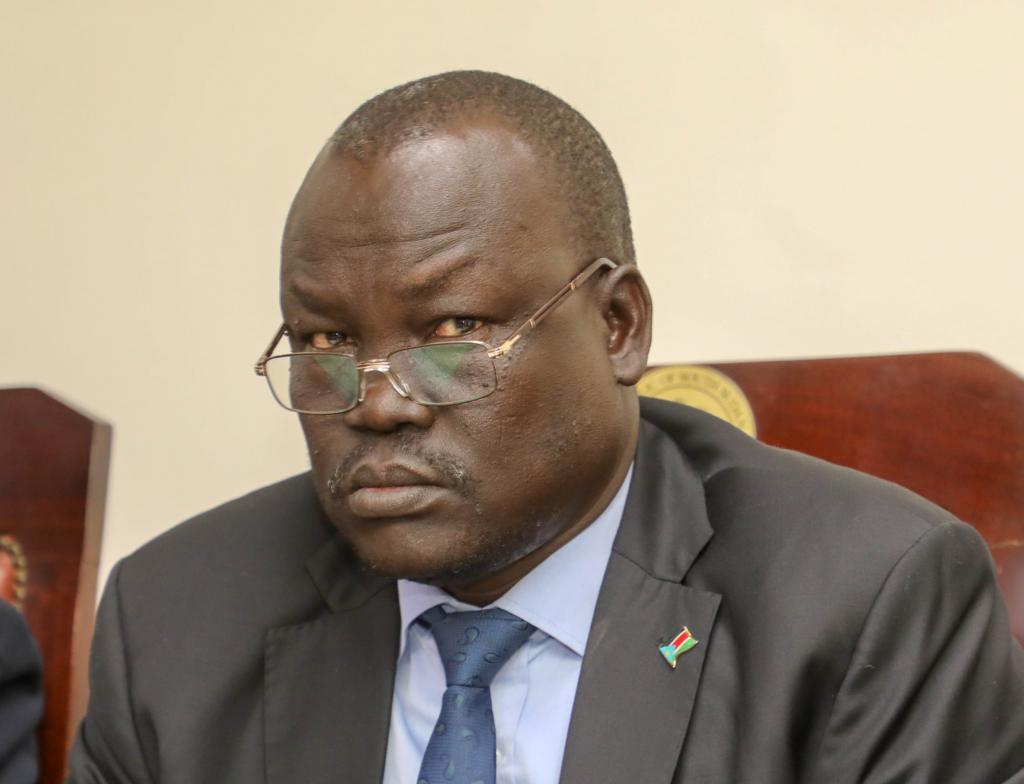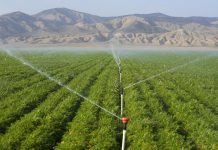Africa-Press – South-Sudan. The Minister of Humanitarian Affairs and Disaster Management said lack of resources and technological capacity are some of the obstacles facing the country in mitigating climate crisis.
Albino Atak said South Sudan has not done enough in fighting climate related crisis including flooding and dry spells.
He lamented that the absence of emergency operation centers and inadequate meteorological instruments are among the challenges facing the country in implementing strategies to address natural adversities.
“Climate change and its consequences are becoming more unpredictable so it may be true that we are not doing enough to fight climate risks,” Atak said.
He made the remarks during the opening session of the 67th Greater Horn of Africa Climate Outlook Forum in Juba on Monday.
“In South Sudan, we are facing numerous challenges in implementing the polices, strategies and recommendations that came out in this forum.”
“Some of these challenges are inadequate financial and human resource and technology capacities for instance weather observation stations. Our meteorology instruments are not adequate to support development and absence of emergency operation centers.”
The government and Nile Basin Initiative signed a deal in March 2024 – which saw the latter handing over 5 Hydro-meteorological Monitoring and Management System stations to South Sudan.
Hydro-meteorological stations are used to monitor the hydrological parameters of rivers, lakes, reservoirs, channels and groundwater in real-time.
The technology captures water temperature, water level, and flow rate, and can be widely used for scientific research, disaster prevention and mitigation of natural hazards.
The launch of the monitoring stations came as the country experienced years of catastrophic flooding from 2019 to 2022 – leading to mass displacement and loss of livelihoods.
For his part, the National Minister of Roads and Bridges Simon Mijok Mijak emphasized on the importance of utilization of climate information in decision making in all sectors.
“As we strive to enhance our resilience to climate change and its impact, it is important to improve the generation access and utilization of climate information in planning and decision making in all sectors across our nation.”
Mijak said climate information service are essential for informed decision making, risks management and achieving Sustainable Development Goals (SDGs).
“Our Country being one of the youngest country in the continent and the world has its own unique challenges with the current infrastructure that could deliver credible climate information services.”
On May 16, 2024, the Ministry of Water Resource and Irrigation warned the public to prepare for an imminent flooding in the northern and central parts of South Sudan after the water of Lake Victoria rise to a record level.
The official also reveals that Uganda is releasing 2,400 cubic meters of water per second, which will take three months to reach South Sudan through the Nile.
According to him, the upcoming flooding is expected to cause displacement, outbreak of diseases, flooding of farmlands and crop failure, potential famine and starvation.
For More News And Analysis About South-Sudan Follow Africa-Press






